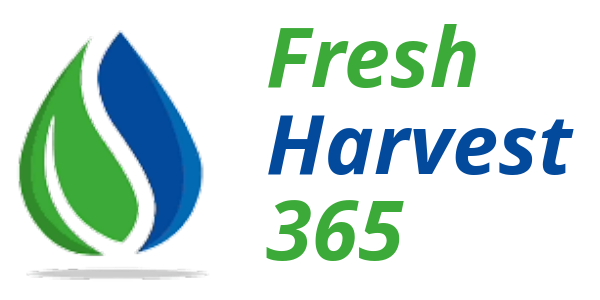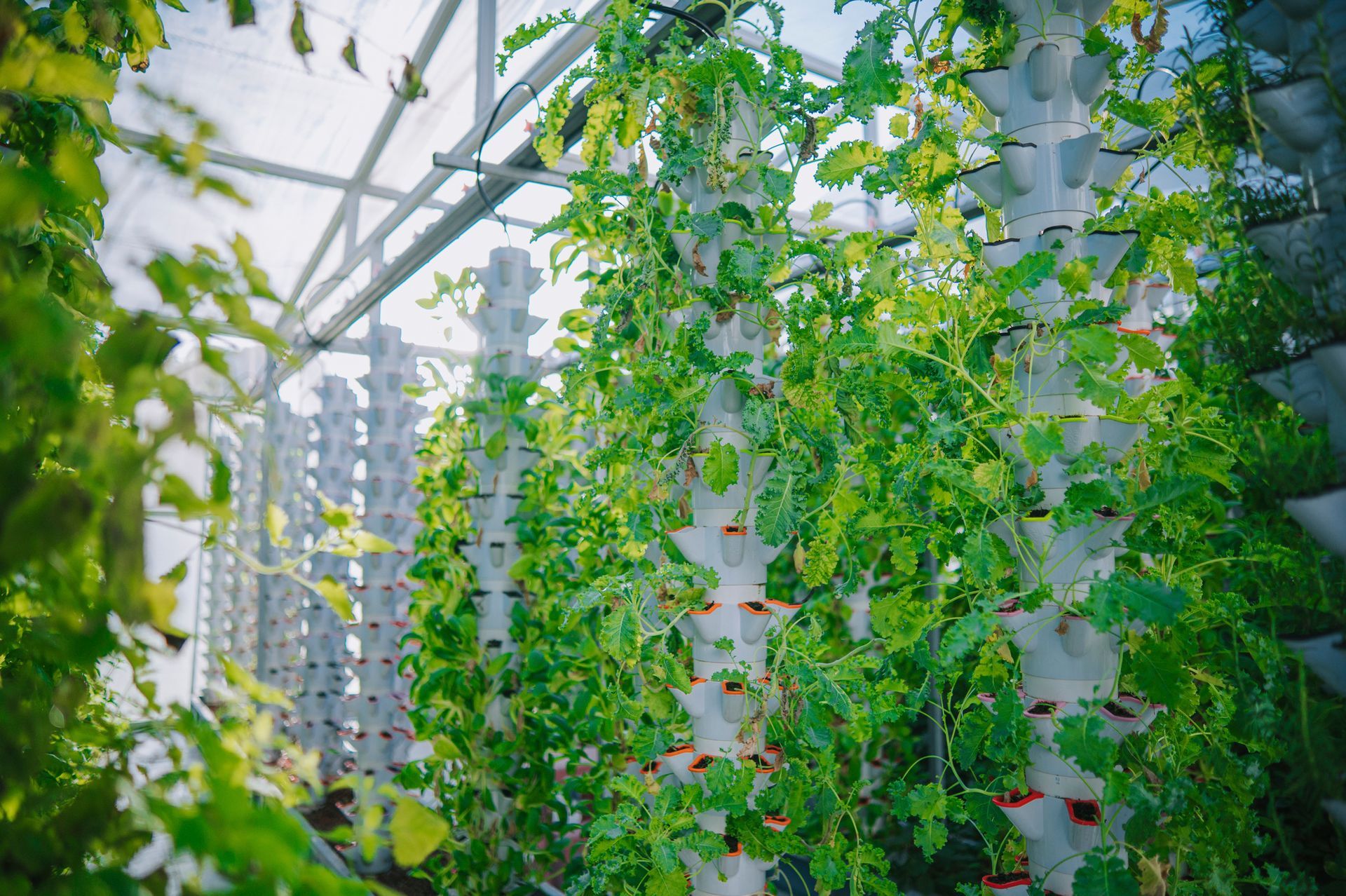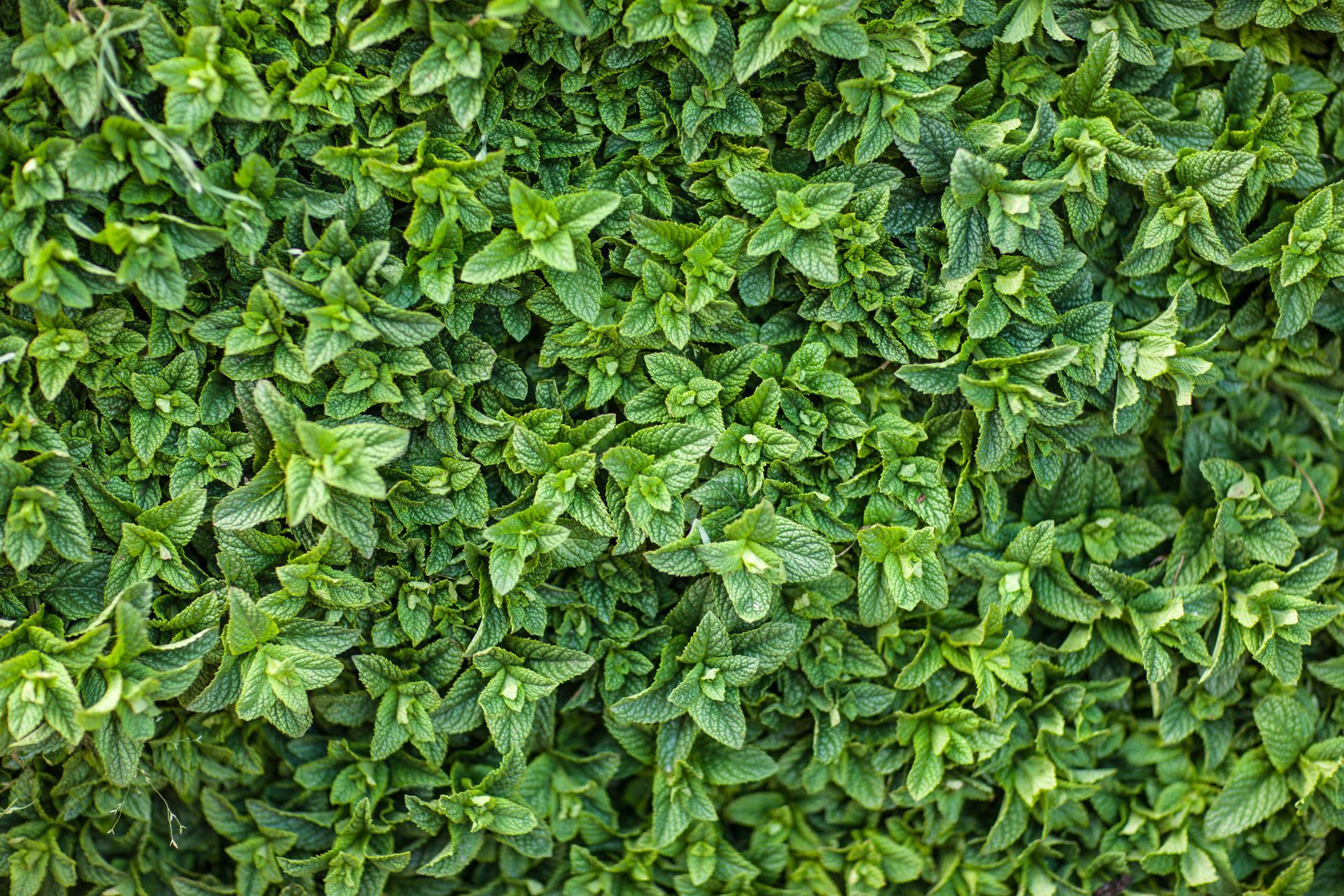Growing Green Geniuses: How Ag-Education Shapes Tomorrow's Farmers
Jeanne Horlanda • May 2, 2024
Agriculture has always served as the cornerstone of food security with modern and traditional agricultural practices meshed together, passing down knowledge is pivotal to shaping and transforming the best farming practices and techniques. In today’s world of transformative and exciting opportunities, understanding agriculture has become more complex yet even more challenging for our future farmers. We’ve come to a point where traditional methods intersect with modern innovations. As we navigate this intersection, questions arise: Which path should we follow to ensure sustainability and productivity? How can we effectively integrate both approaches to meet the demands of a changing world while honoring age-old wisdom? Read on as we explore these questions and delve into the dynamic landscape of agricultural education.
Agricultural Education
Imagine agricultural education as a sturdy bridge, linking the time-honored traditions of farming with the exciting innovations of today. It's a journey that respects the wisdom passed down by our forebears while also arming our future farmers with the latest tools and techniques. Whether exploring the intricacies of precision agriculture, the heights of vertical farming, or the wonders of hydroponics, students immerse themselves in methods designed to enhance productivity while nurturing our precious environment.
But it's not just about embracing the new – agricultural education also fosters a deep appreciation for the timeless principles that have sustained farming communities for generations. It's a harmonious blend of tradition and innovation, where the past informs the present and the future unfolds with promise. In this dynamic learning environment, students do not just gain practical skills but also cultivate a profound sense of stewardship of the land and a commitment to building a more sustainable agricultural future.
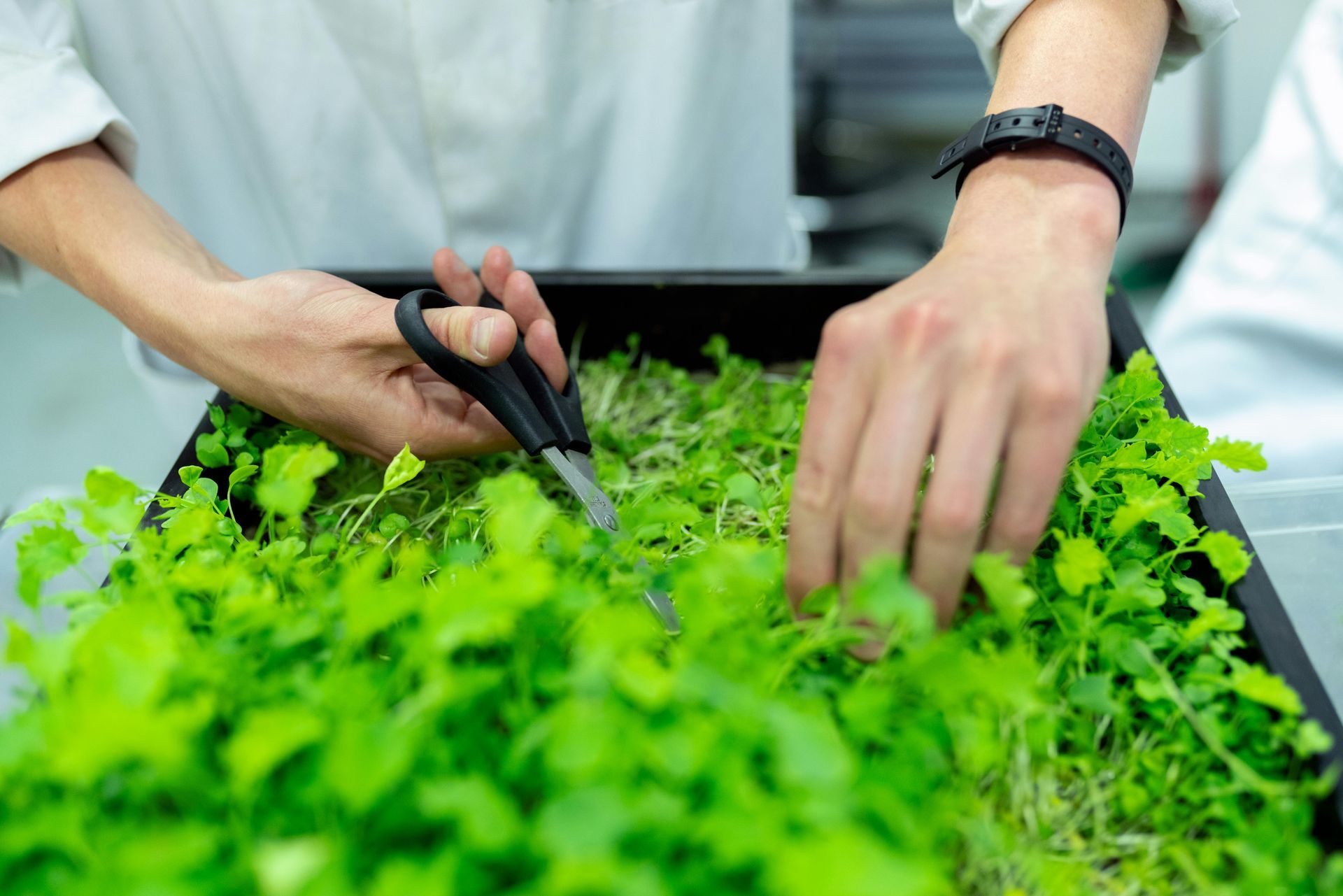
Fostering Stewardship and Sustainability
At the core of agricultural education lies the imperative to cultivate stewardship of our land and its resources. As we confront the looming challenges of climate change and environmental degradation, it becomes increasingly pressing for farmers to adopt practices that prioritize the long-term health of our ecosystems. This is where concepts like agroecology, conservation agriculture, and resource management come into play. By imparting these principles, agricultural education equips future farmers with the knowledge and skills needed to safeguard the land for generations to come. Our ever-evolving agricultural landscape also calls us to explore innovative techniques such as hydroponics, which offer sustainable solutions for growing crops without soil. Through a holistic approach that blends traditional wisdom with modern innovations, we aim to instill a profound sense of responsibility for the land, ensuring its vibrancy and productivity endure for years to come.
Empowering Entrepreneurship and Innovation:
Growing businesses also comes hand in hand with literacy in agriculture where students dive into the nitty-gritty of running a successful farm business. From making business plans to marketing strategies to financial management. By offering courses in agripreneurship, rural development, and agricultural economics, we empower aspiring farmers to turn their passion into thriving ventures that drive economic growth and prosperity in their communities.
Promoting Social Responsibility and Equity
Beyond the farm gate, agricultural education shines a light on the bigger picture of food production and distribution. Through a mix of subjects like food security, food justice, and food sovereignty, students gain a deep understanding of how our food system impacts society. We believe in fostering empathy and awareness, inspiring future farmers to not only grow food but also to make positive changes in their communities and tackle big societal issues.

Exploring Diverse Career Paths in Agriculture
The agricultural industry offers a diverse range of career opportunities, each playing a crucial role in ensuring the sustainability and productivity of our food systems. Here are some rewarding career paths within the agricultural sector:
- Agricultural Engineer: Agricultural engineers are at the forefront of innovation, designing and developing machinery, equipment, and systems to improve efficiency and sustainability in farming practices. They work on projects ranging from designing irrigation systems and developing precision agriculture technologies to creating renewable energy solutions for agricultural operations. With a strong background in engineering principles and a passion for agriculture, agricultural engineers play a pivotal role in advancing the industry towards a more sustainable future.
- Agronomist: Agronomists are experts in crop production and management, responsible for maximizing yields while minimizing environmental impact. They conduct research, analyze soil and crop data, and develop strategies to optimize plant growth and health. Agronomists work closely with farmers to implement sustainable farming practices, manage pests and diseases, and improve soil fertility. With a deep understanding of plant biology, soil science, and agricultural technology, agronomists are essential for ensuring food security and environmental stewardship.
- Food Scientist: Food scientists play a critical role in ensuring the safety, quality, and nutritional value of agricultural products from farm to table. They research and develop new food products, conduct quality control tests, and analyze food composition to meet regulatory standards and consumer preferences. Food scientists also work on food preservation techniques, packaging innovations, and food safety protocols to prevent contamination and spoilage. With expertise in food chemistry, microbiology, and food processing, food scientists contribute to the development of healthy, sustainable, and delicious food products for consumers worldwide.
Fresh Harvest 365: Leading the Way in Agricultural Education
In this landscape of endless possibilities, Fresh Harvest 365 helps pave the way for the farmers of tomorrow. With our hands-on approach and comprehensive curriculum, we give students the tools they need to thrive in today's farming world. By focusing on sustainability, innovation, and social responsibility, we're shaping future farmers who are ready to lead with integrity and make our food system stronger and fairer for generations to come.
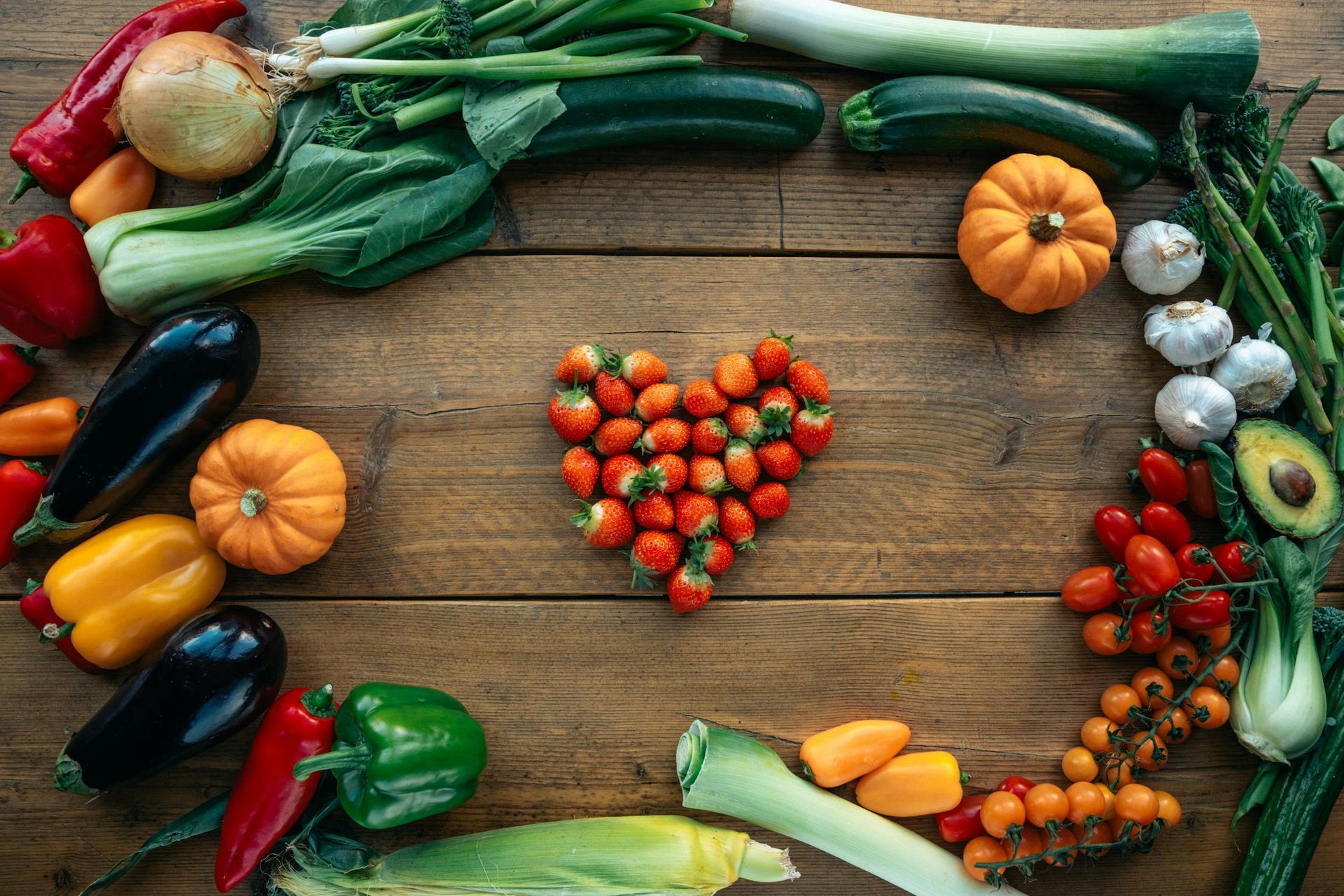
In today’s fast-paced world, it’s easy to overlook where our food comes from. With global supply chains and mass production dominating the market, many consumers find themselves disconnected from the source of their meals. However, a growing movement advocates for buying locally grown produce, highlighting its numerous benefits not just for consumers but for the environment and the community as well. In this blog, we will explore the top five reasons to choose locally sourced produce, emphasizing the freshness, sustainability, and positive community impact it fosters.
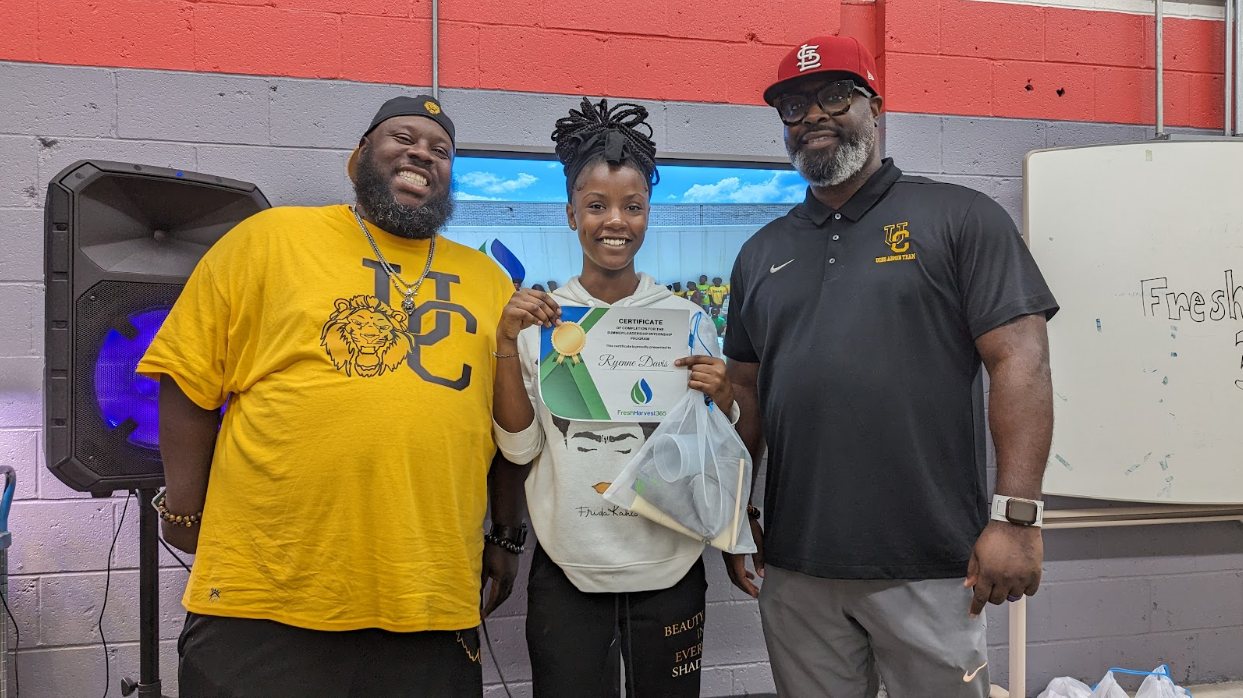
Farming at its core is about more than just food—it’s about passing on knowledge and inspiring future innovators in sustainable agriculture. At Fresh Harvest 365, we are dedicated to not only transforming how food is grown but also sharing our expertise with communities and students. By showcasing modern farming practices like container farming and sustainable methods, we aim to build stronger connections between people, their food, and the environment. Through these efforts, we’re cultivating awareness of food security, sustainability, and the future of farming.
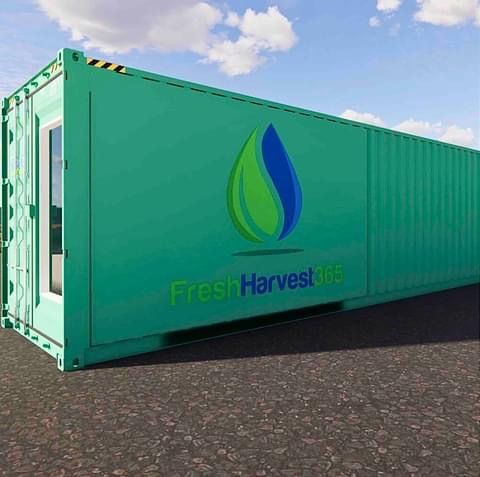
Millions of people worldwide consistently lack access to affordable, wholesome food, making food insecurity a serious problem. The world desperately needs innovative solutions as traditional farming is put under increasing strain by factors such as population expansion, economic instability, and climate change. Growing in popularity as a potential solution, container farming provides a means of growing fresh produce in areas where traditional agriculture is either impractical or not feasible.
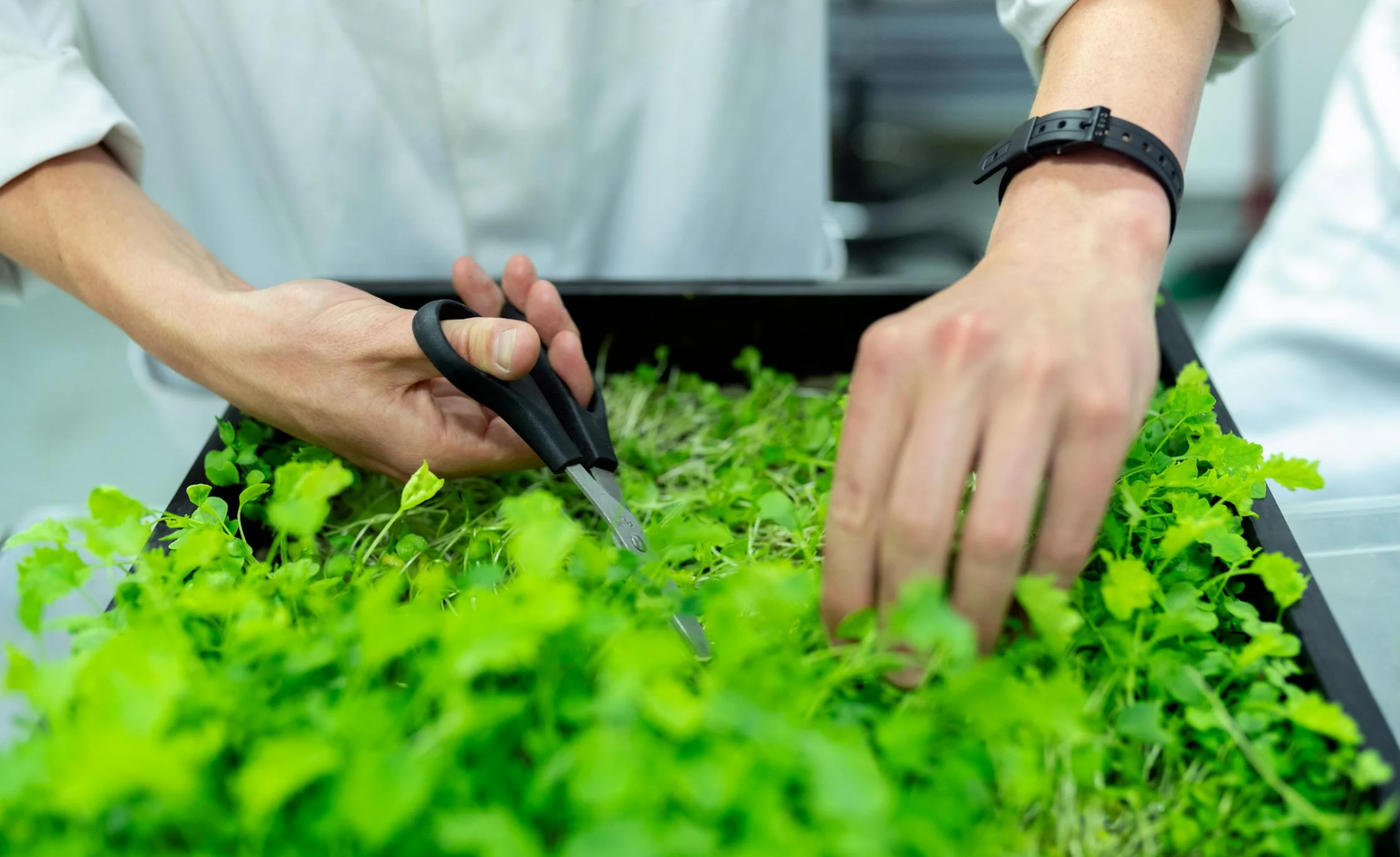
At Fresh Harvest 365, we think that creative, sustainable farming methods are what will shape food production in the future. Everything we do is motivated by our dedication to provide wholesome, fresh products while protecting the environment. By adopting hydroponic farming, we help create a healthier, more sustainable planet in addition to putting premium fruits and vegetables on your table. Come explore our hydroponic methods, hear about our motivational success stories, and learn about our important partnerships.
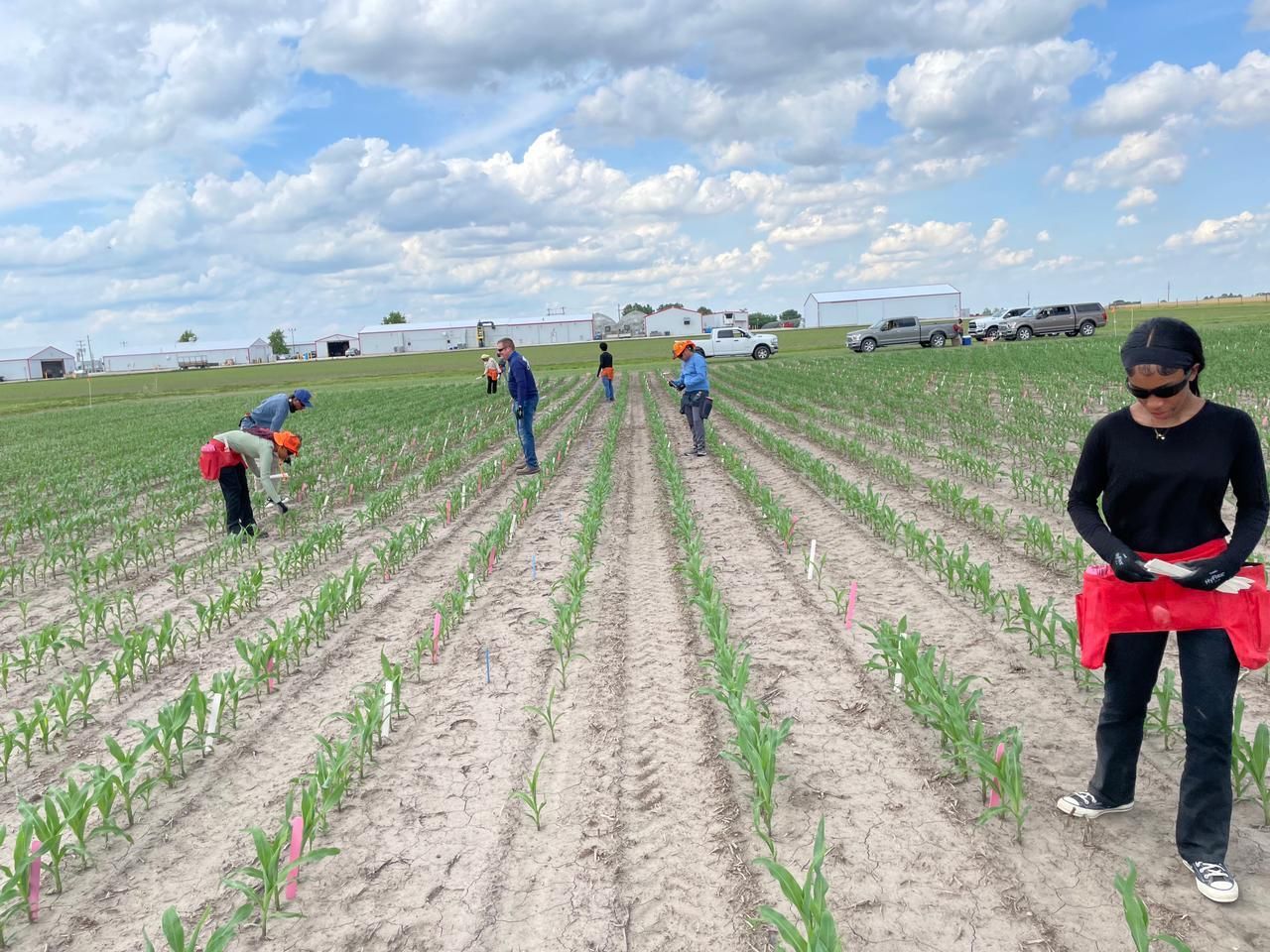
From the first week of June through the end of this month, Fresh Harvest 365 and University City High School (UCHS) have been immersed in an exciting journey with the F.A.R.M. (Future Agricultural Resource Managers) Summer Leadership Internship Program. This collaborative initiative has been a beacon for fostering a deep-rooted passion among select UCHS students for agribusiness, STEM, and sustainable food practices.
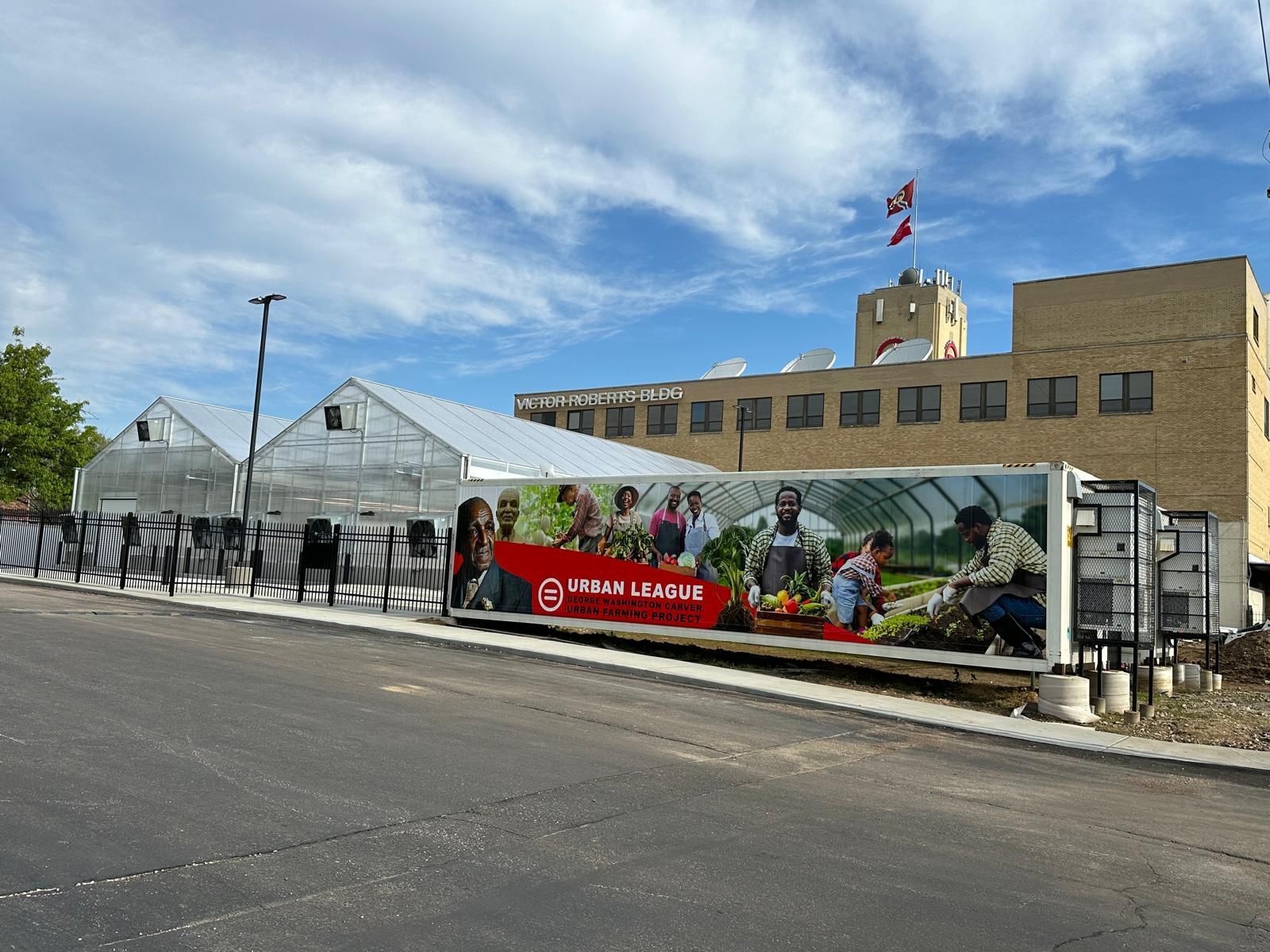
The multi-million dollar greenhouse at the Urban League Headquarters on Kingshighway, St. Louis, is officially open! In terms of urban farming and food security in our community, this cutting-edge facility is a huge milestone. In the center of St. Louis, Missouri, we have the potential to completely transform the food production and distribution process thanks to our state-of-the-art technology and dedication to using fresh, healthful produce. Dedicated to bringing fresh produce to local restaurants, schools, hospitals, and businesses, this state-funded greenhouse is a source of hope in a food desert area, as declared by Missouri Governor Mike Parson.

As modern agriculture evolves, gardeners and farmers alike are exploring innovative methods to grow their plants more efficiently. Two popular methods used are hydroponics and traditional soil gardening. Each has its own unique advantages and challenges, making it pivotal to understand which method best suits your needs. By understanding the differences between these two approaches, you can make informed choices on the best fit for your gardening goals.
